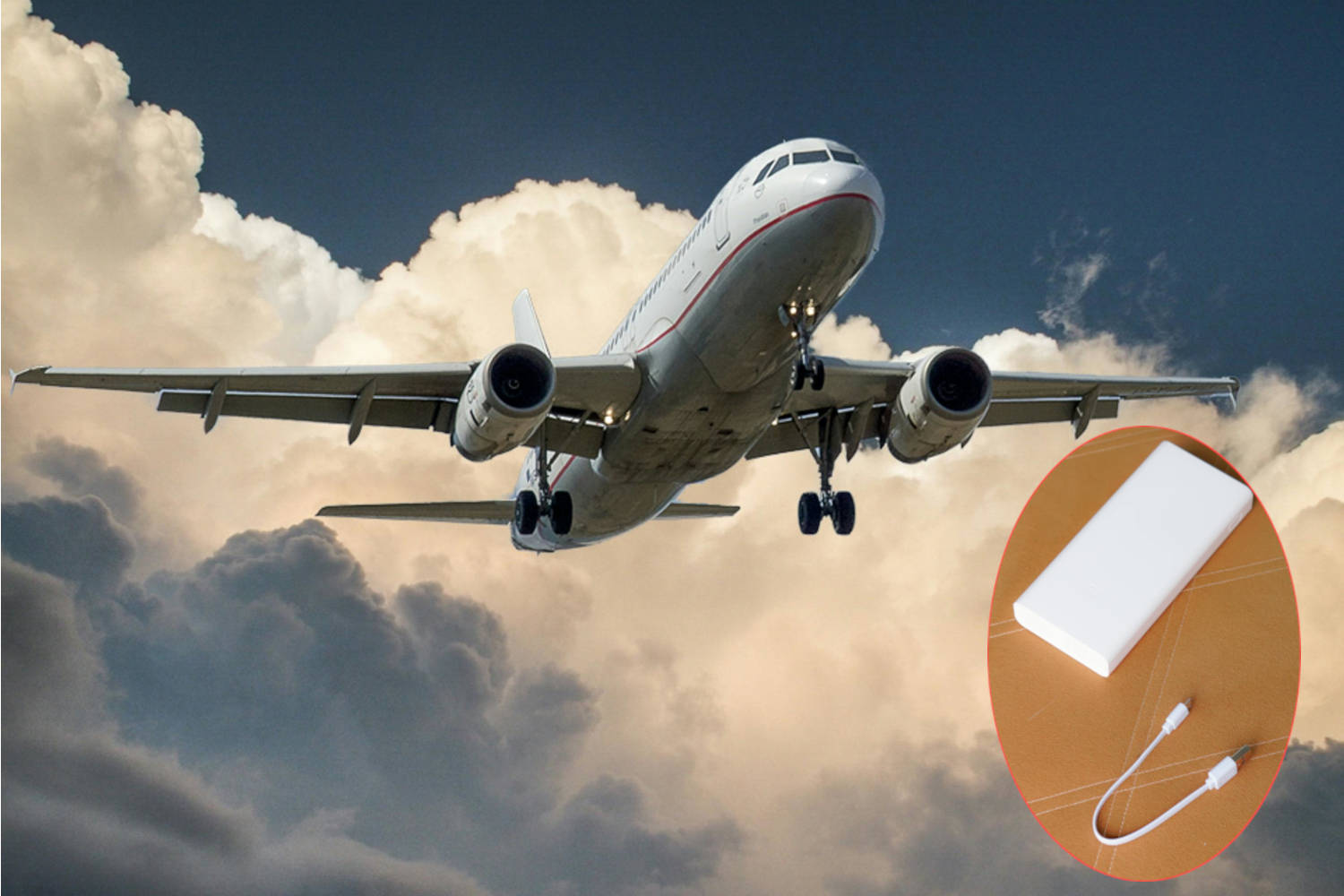More and more airlines are banning the use and transportation of power banks on board aircraft due to numerous incidents related to overheating and fires

@Pixabay/Pexels @MOISES RIBEIRO/Pexels
Starting from April 1, 2025, several Asian airlines have implemented new restrictions on the use and transport of power banks aboard their aircraft. This decision follows a series of incidents involving the overheating and, in some cases, fires caused by lithium-ion batteries during flights.
The airlines that have adopted these measures include Singapore Airlines, Scoot, Malaysia Airlines, Cathay Pacific, and Hong Kong Airlines. The new regulations state that power banks can only be carried in hand luggage and not in checked baggage. Additionally, their use and charging onboard are prohibited for safety reasons.
Some carriers, such as Korean Airlines, have set specific limits on the allowed battery capacity, with a maximum of 100 Wh per passenger without authorization, while batteries ranging from 100 to 160 Wh require specific approval.
Too many incidents
As mentioned, the decision to impose these restrictions comes in response to the increase in incidents related to power banks. One of the most recent occurred on a Hong Kong Airlines flight, forcing the aircraft to make an emergency landing after a charger caught fire in an overhead bin. In South Korea, another incident involved an Air Busan flight, which suffered significant damage due to a fire caused by a portable battery.
According to the Federal Aviation Administration (FAA), over 500 air incidents related to lithium batteries have been recorded in the past two decades. This type of battery, if defective or damaged, can undergo a phenomenon known as thermal runaway, which leads to a rapid temperature increase and the risk of fire or explosion.
To mitigate the danger, the South Korean government has introduced additional regulations, specifying that power banks cannot be stored in overhead bins but must be kept under the seat or in the seat pocket in front. Some airlines also require power bank connectors to be covered with insulating tape or placed in protective cases to prevent accidental short circuits.
In 2016, the International Civil Aviation Organization (ICAO) had already banned the transport of loose lithium-ion batteries in checked baggage, but with the rise in incidents, many airlines are now adopting even stricter rules. This trend may soon extend to European and American carriers, potentially standardizing regulations at an international level. For travelers, the advice remains to carefully check the regulations of the airline they are flying with before departure.
